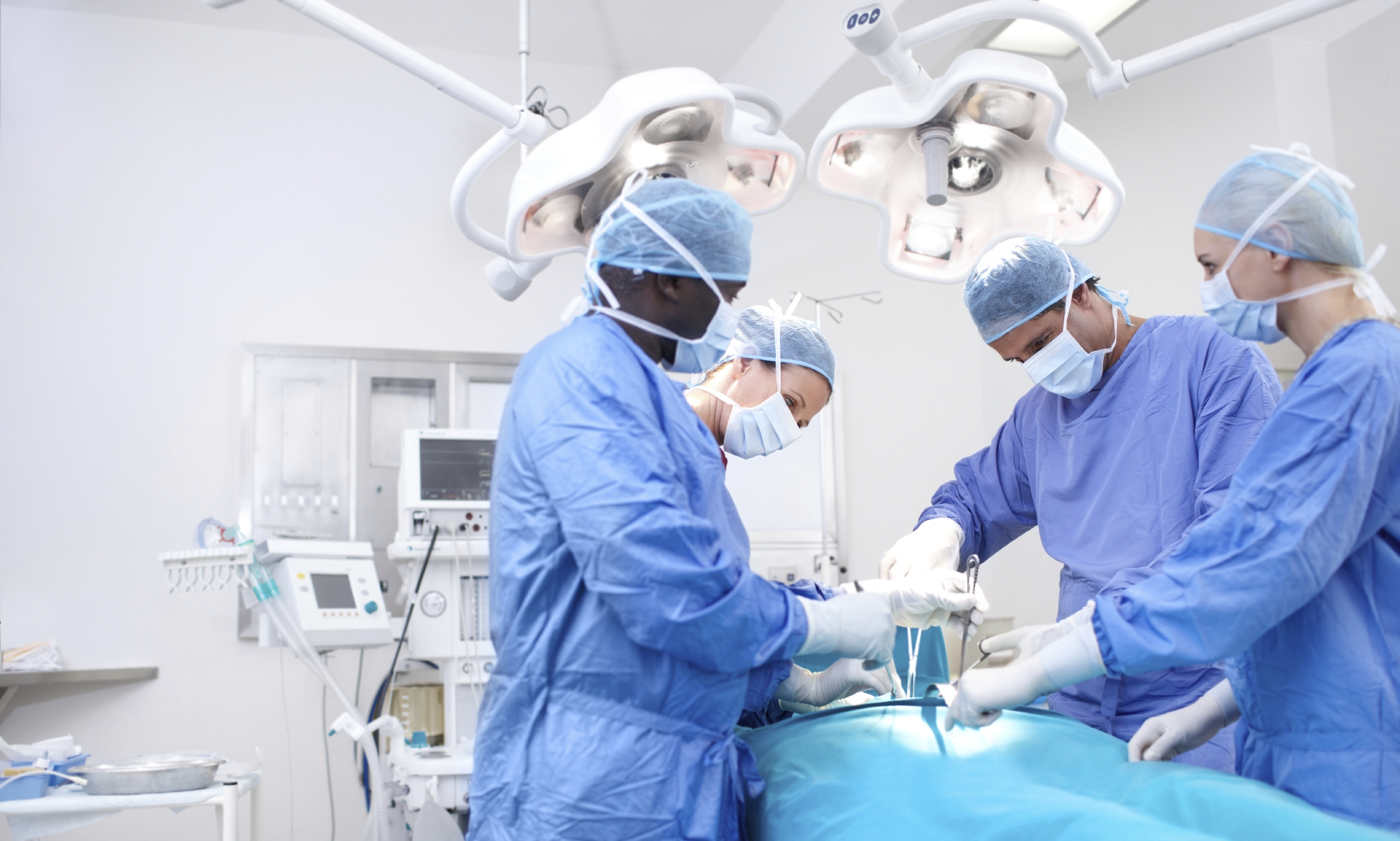How is penile cancer treated?

The treatment for penile cancer will depend on how developed the cancer is and your general health.
Topical treatments (treatments applied to the skin)
Chemotherapy cream
Sometimes, if the penile cancer is small and in the early stages, it can be treated with a chemotherapy cream called fluorouracil (5FU). This works by destroying cancer cells. You apply the cream to the affected area for about 4-6 weeks.
Immunotherapy cream
Another cream that is sometimes used is called imiquimod. This is an immunotherapy treatment, which stimulates the body’s immune system to fight cancerous cells. Again, the cream is usually applied for 4-6 weeks.
Cryotherapy (freezing the growth) or laser therapy can also be used for small tumours that are on the surface of the head of the penis.
Surgery
Surgery is the most effective treatment for cancers that affect a wider area. Some surgery will involve removing small pieces of tissue, while others may involve more extensive procedures. Read more about surgery for penile cancer.
It is important to remember that any of these operations can affect your self-image, the way you pee, and may have an impact on your sex life. Make sure to talk through the planned procedure with your consultant and nurse so that you are clear about what to expect. Or call our Support Line on 1800 200 700 to talk to a cancer nurse. They can advise you about counselling before your operation.
Your surgery may be combined with other treatments, such as radiotherapy and chemotherapy.
Radiotherapy
Radiotherapy treats cancer using high-energy X-rays to destroy cancer cells. It can be used before or after surgery if the cancer is in the lymph nodes in the groin and/or in the pelvis. Or you may have radiotherapy to treat lymph nodes in the groin to reduce the risk of the cancer coming back. Your consultant will discuss radiotherapy with you.
Radiotherapy is usually given as short daily treatments in the hospital's radiotherapy department. Tiredness is one of the most common side-effects of radiotherapy. Read more about radiotherapy.
Chemotherapy
Chemotherapy is the use of anti-cancer (cytotoxic) drugs to kill or control cancer cells. It is usually given into a vein (intravenously). It may be given to help control the spread of the cancer. It may also be given before surgery – which can make it easier to remove the growth. Sometimes it is given along with radiotherapy to help it work better.
Chemotherapy is usually given at a day unit or clinic in a hospital. Your specialist nurse will tell you what to expect and give you the treatment.
Side-effects of chemotherapy include infection, fatigue, hair loss and a sore mouth. Your nurse will explain about the side-effects and how they can be managed. Read more about chemotherapy
For more information
Phone
1800 200 700



